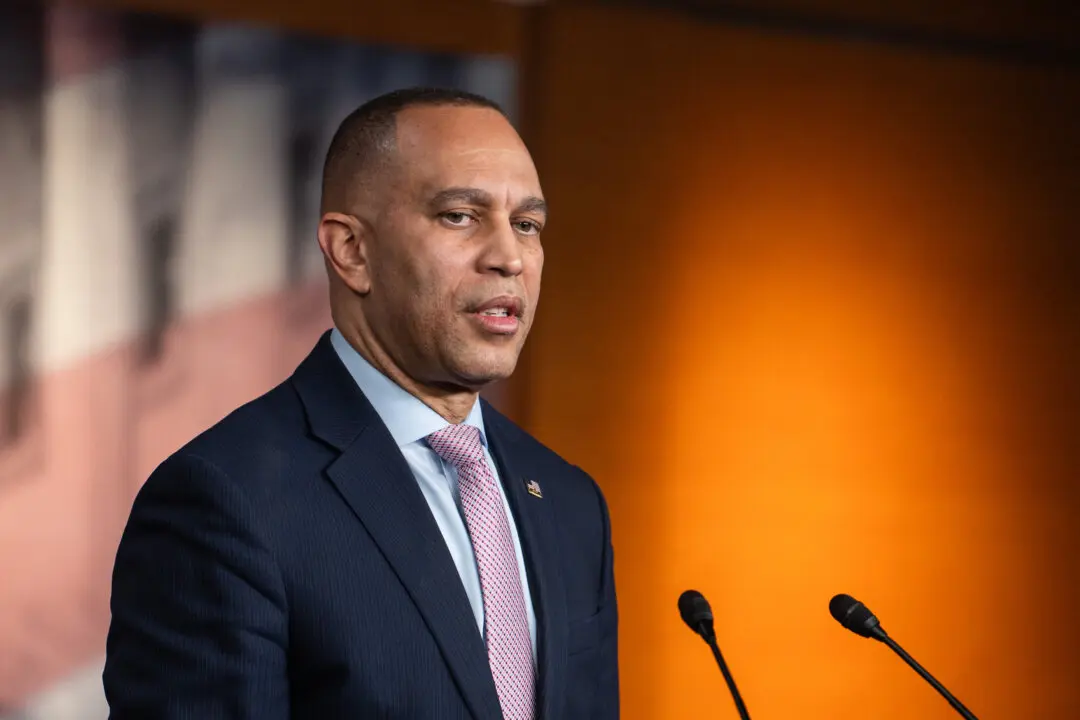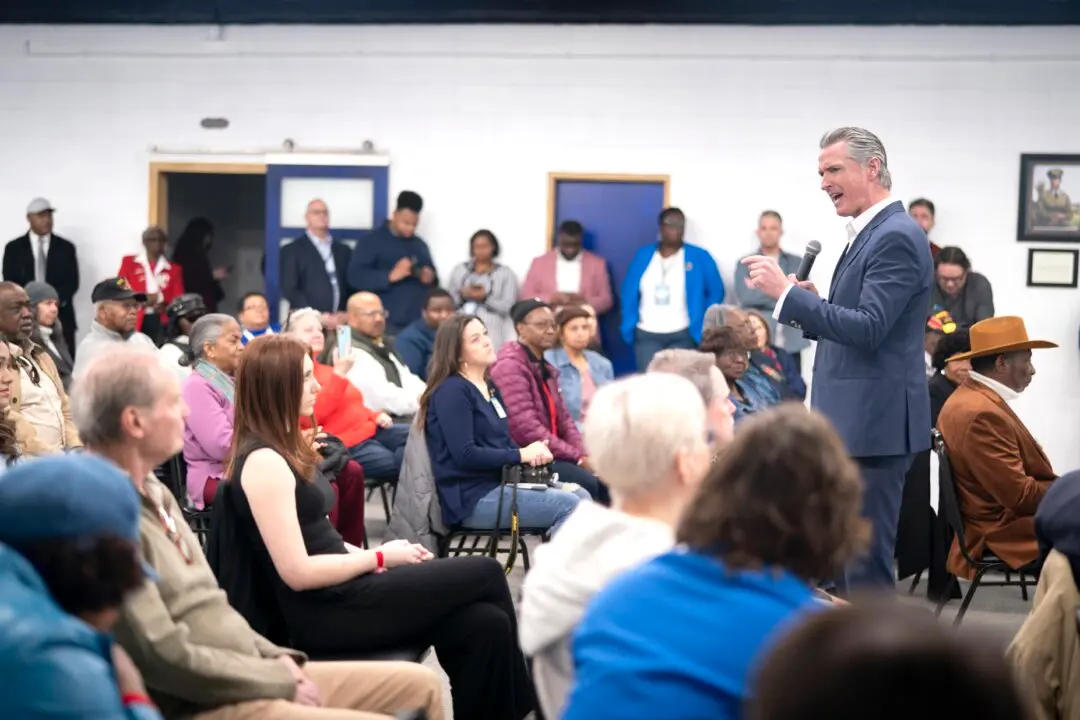This year, the school choice movement is poised to make a huge impact on American education.
School choice is the idea that families should have the autonomy to select the K-12 educational option that best suits their children rather than being constrained by geographic boundaries or income levels.





